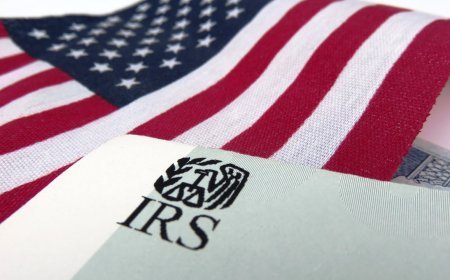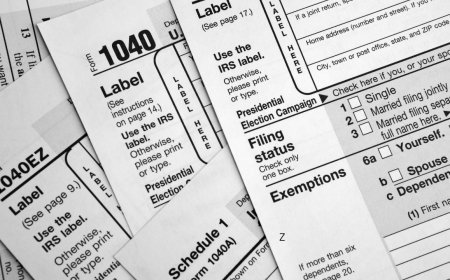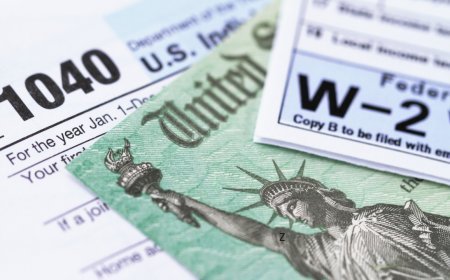Why Chick-fil-A Franchises Are a Goldmine for the Right Operator

The Money: Big Sales, Solid Profits
Chick-fil-A franchises are cash cows for those who secure them. According to the company’s March 2025 Franchise Disclosure Document, a typical stand-alone location, open for at least a year, generates $9.22 million in annual sales. After Chick-fil-A takes its cut—15% of gross sales plus 50% of pre-tax profits—franchisees (or “operators,” as the company calls them) can still walk away with serious money.
For example:
-
A store with $4 million in sales pays $600,000 (15%) to Chick-fil-A, leaving $3.4 million. With a 12% profit margin, that’s $408,000 in pre-tax profit. Split that 50/50 with Chick-fil-A, and the operator nets $204,000 annually.
-
For a high-performing store with $9.22 million in sales, the 15% cut is $1.38 million, leaving $7.84 million. A 12% profit margin yields $940,440, and after the 50% profit split, the operator takes home $470,220.
Financial advisor Humphrey Yang told GoBankingRates that operators typically keep 5–7% of total revenue after all fees, meaning a $9.4 million store could yield over $450,000 in take-home pay. Mall-based locations, however, see lower sales—$3.39 million median, with only 34% hitting the $4.51 million average—resulting in smaller profits.
Why It’s So Hard to Get In
The catch? Becoming a Chick-fil-A operator is like trying to get into an Ivy League school. With over 40,000 applicants annually and only 75–80 approvals, the acceptance rate is a brutal 0.2%—18 times tougher than getting into Harvard. Why so selective?
Chick-fil-A doesn’t sell franchises; it essentially rents them. The company owns the land, building, and equipment, while operators manage daily operations under strict rules. The $10,000 franchise fee is a steal compared to McDonald’s ($45,000) or other chains, but the tradeoff is control. Operators don’t own equity, can’t sell the business, and can’t pass it on. It’s a job, not an investment, requiring full-time, on-site commitment and barring ownership of other businesses.
The selection process is grueling—think 10+ essays and interviews, as one Atlanta operator told Business Insider in 2019. Chick-fil-A prioritizes candidates who align with its values, show community involvement, and can handle the hands-on demands of running a high-volume restaurant.
The Hidden Costs and Risks
While the earnings are impressive, the Chick-fil-A model isn’t all nuggets and waffle fries. Operators face significant downsides:
-
Tight Control: Chick-fil-A can terminate agreements with just 30 days’ notice, no reason required. Legal disputes must be filed in Georgia under Georgia law, regardless of location.
-
Additional Fees: Operators pay up to 3.25% of monthly sales for advertising and $750–$5,000 monthly for equipment rent, with 1.25% interest on late payments.
-
Exit Penalties: Quitting or being terminated means leaving immediately, or rent doubles under a “hold-over” clause.
-
Liability: Operators are on the hook for lawsuits, from customer injuries to wage disputes.
-
Training Demands: Expect 150 hours of classroom and in-store training before taking over.
These factors make the role demanding, with little room for passive management or diversification.
Who Should Chase This Opportunity?
Chick-fil-A franchises are a goldmine for a specific type of person: dedicated, hands-on operators who thrive in a structured system and don’t mind limited control. If you’re willing to commit full-time, live by Chick-fil-A’s rules, and can survive the ultra-competitive selection process, the payoff—$200,000 to $470,000 or more annually—beats the average American income by a mile. But if you value flexibility, equity, or multi-unit ownership, you might find the model too restrictive.
The Bottom Line
Chick-fil-A’s franchise system offers blockbuster earnings for a low $10,000 entry fee, but it’s not for everyone. The high sales ($9.22 million on average) translate to hefty profits, yet the intense application process, strict oversight, and lack of ownership make it a tough fit for passive investors or those seeking long-term wealth-building. If you’re ready to trade autonomy for a lucrative, structured gig, Chick-fil-A might be your ticket. Otherwise, consider franchises with more flexibility.
What's Your Reaction?
 Like
0
Like
0
 Dislike
0
Dislike
0
 Love
0
Love
0
 Funny
0
Funny
0
 Angry
0
Angry
0
 Sad
0
Sad
0
 Wow
0
Wow
0









































